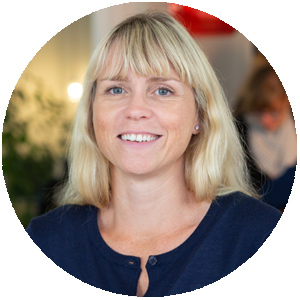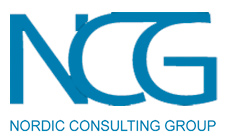Since 2015 the Ministry of Tourism and Environment is implementing the Environmental Service Project in Albania with support by Sida and the World Bank. Amongst activities are forest and pasture management planning, national forest inventory, grants to farmers and pasture users for forest and pasture improvements. Nordic Consulting Group has been providing gender mainstreaming monitoring support to the project throughout the process.
Basic reasons WHY the forestry project should be gender mainstreamed?
- farmers and pasture users consist of both women and men. E.g. women are estimated to undertake approximately 50% of all forestry work.
- Despite the above women tend to be excluded from decision-making on the land they cultivate and live off, excluding also the use of their knowledge about the forest.
HOW is the project mainstreamed? (some examples)
- By ensuring all project components have integrated gender into the design. E.g. in forest management planning participatory and inclusive methods are stressed together with female inclusions in the planning process, this requires a certain kind of expertise.
- By ensuring grants are paid out only if the applying farmer and pasture associations comply with a minimum 30% female members and by providing additional points to associations who have minimum 30% women on the boards.3
- By carrying out targeted capacity building with potential female grants applications (individuals), to women on the association boards, to the associations on why gender equality is important and to local government units in the geographical locations of where grants have been made available.
Results are starting to show, although small they are vital, such as:
- All associations receiving grants had as a minimum requirement 30% female members, leading to at least 38% of all employed for works were women.
- 75% of the associations which had gender capacity support also ‘won’ their projects.
- 31 associations capacitated about the link between gender equality and efficient forest and pasture management, increasing the participation rate of women from almost 0 to 18%, 60% of the associations changed their statutes to have minimum 30% women on the boards. Women’s ideas and suggestions were included, which is fantastic results, considering the gender roles of Northern Albania.
- Increase in engagement rates improved in the associations, however for women it rose from 47% of women reported to participate frequently/often in the baseline study to 66% in the social mid term study.
- In total approximately 550 women and 170 men (of diverse ages and organizational capacity) were capacitated on business, gender responsive budgeting, Albanian legislation related to women’s rights, and project management.
Significantly more female and male forest users reported to have a better understanding of land management practices (average up from 62.%% to 85%).
Author: Anja Taarup Nordlund, NCG’s senior Gender Equality and Equal Opportunity Expert
Author:
Anja Nordlund,
NCG’s senior Gender Equality and Equal Opportunity Expert


